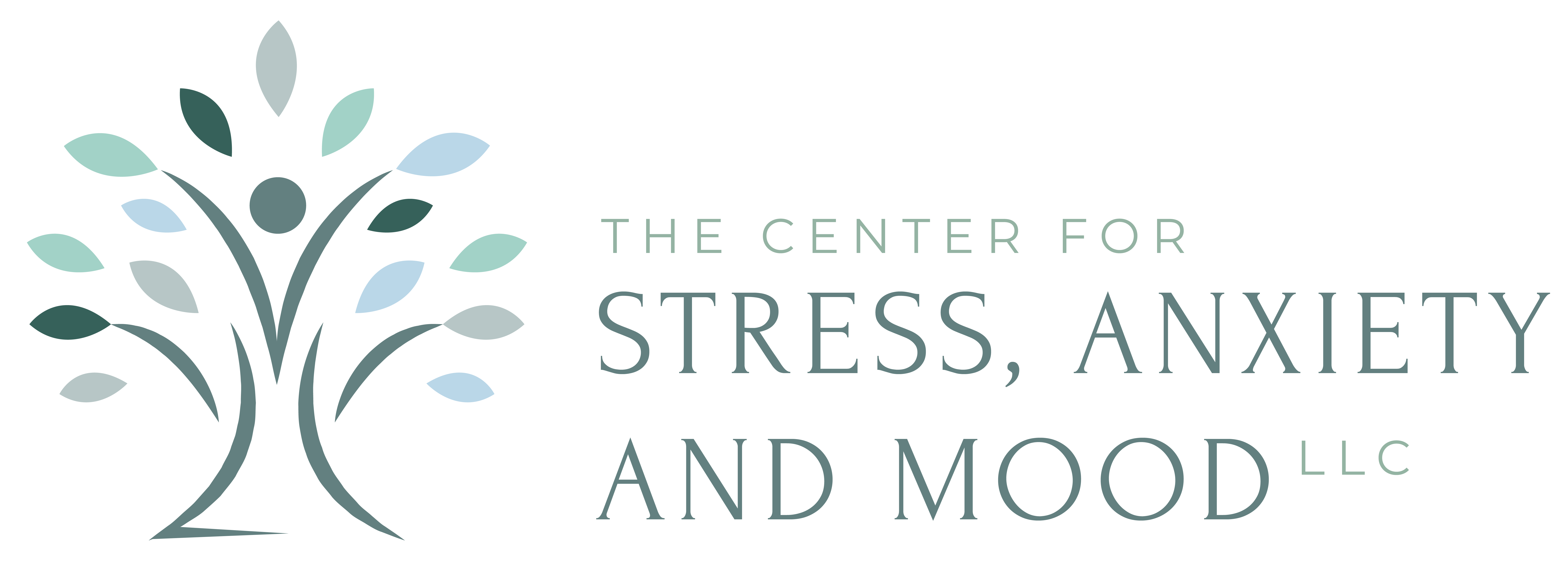Cognitive Behavioral Therapy (CBT) for Depression
At CSAM, we use a variety of strategies to help one become more active, feel more energy, find more meaning in life, and reduce negative thoughts and depressed mood.
CBT increases activity and meaning in life through a combination of interventions, including behavioral activation, challenging negative thinking, problem solving, behavioral experiments and in vivo exposures, self-rewards, and parent interventions.
- Therapy is time-limited and goal-focused.
- Individual and family-based therapy.
- Teaches emotions education, helping us to identify which situations trigger irritability and depressed mood and teaching us to soothe upset with relaxation and mindfulness.
- Teaches behavioral activation which helps us to identify the situations and people that promote positive or negative experiences, helps us evaluate the traps that keep us stuck, and helps promote our seeking more positive approaches to seeking meaningful experiences.
- Teaches coping skills to identify unrealistically negative or self-critical thoughts, to challenge our assumptions, and to develop more realistic coping thoughts.
- Teaches problem-solving skills to help us more effectively manage real-life challenges that impede our goals.
- Uses behavioral practice and in-vivo exposures to practice skills in real-life challenging situations. One of the challenges that confront people dealing with depression is that it is difficult to implement homework strategies on one’s own. Here, we teach coping skills and then help you practice in real-life situations to increase confidence and competence in your newly learned skills.
- When working with youth, CBT often incorporates the parents to help them recognize the patterns that reinforce irritable and negative child behaviors and provides alternatives to helping encourage their child to manage their own distress.

